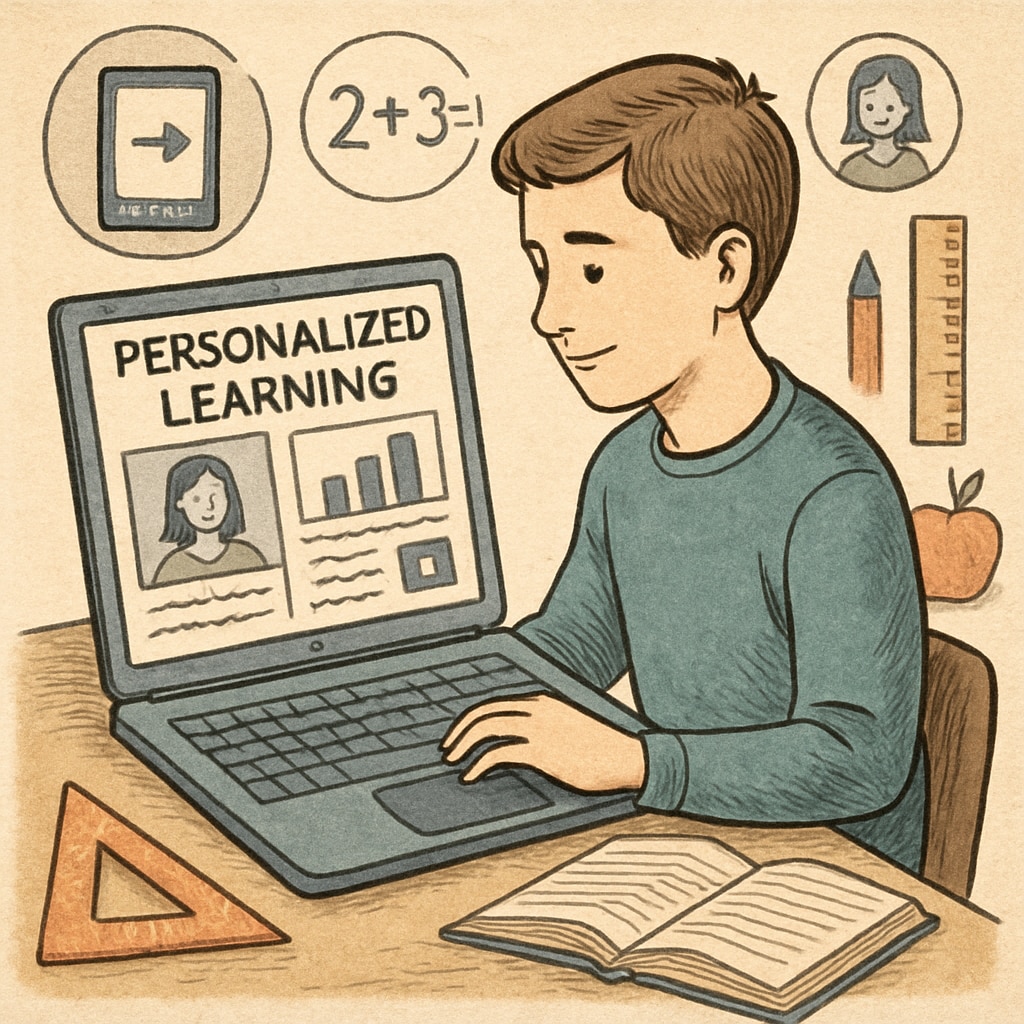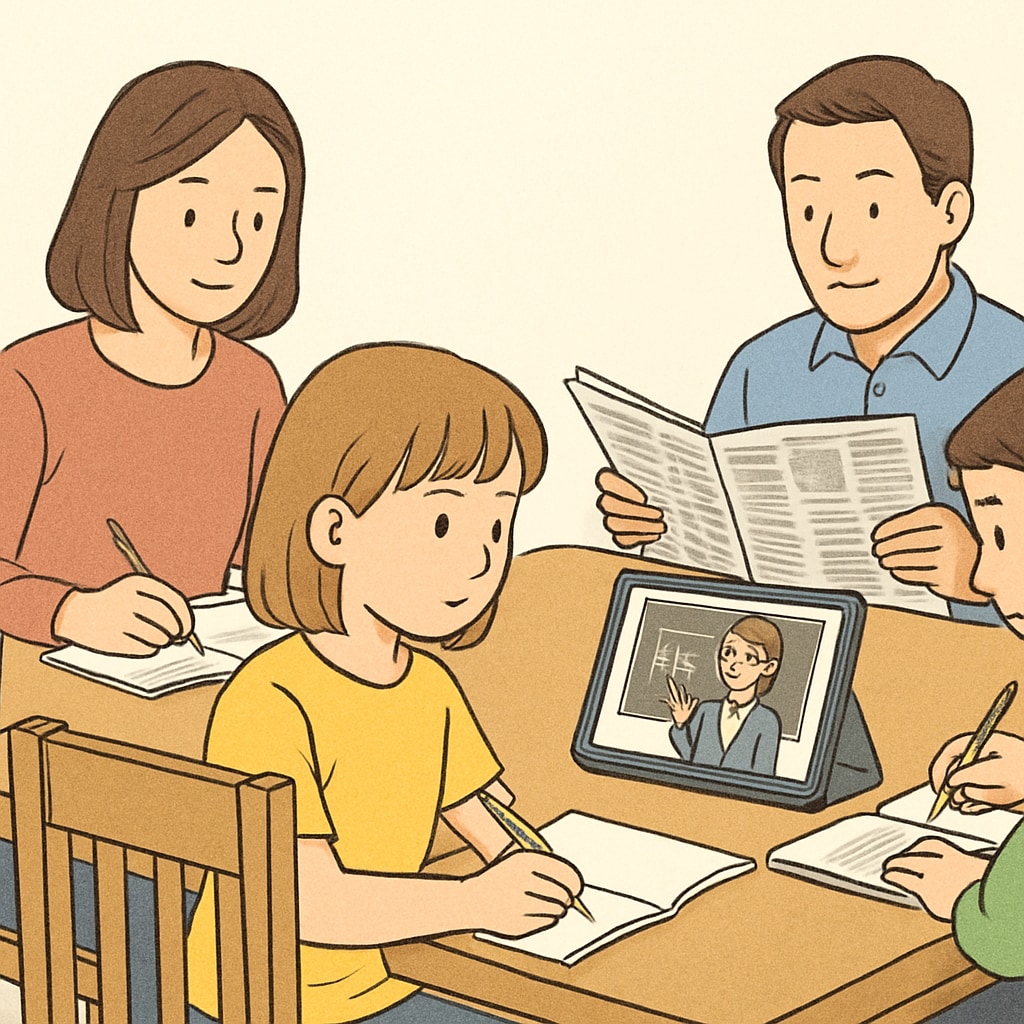In recent years, the popularity of public online schools has surged, driven by the evolving needs of families and advancements in technology. Many parents are reevaluating traditional educational pathways, exploring new education methods that align with their values, lifestyles, and their children’s unique learning needs. This article dives into the motivations behind parents’ choices, analyzing what makes public online schools a growing contender in the K-12 education landscape.
Personalized Learning: A Key Driver
One of the primary reasons families opt for public online schools is the promise of personalized education. Unlike traditional classrooms, where teachers often face the challenge of catering to diverse learning paces, online schools allow students to progress at a speed that suits them. This flexibility benefits both advanced learners seeking additional challenges and those requiring extra time to grasp concepts.
For example, a parent whose child excels in mathematics but struggles with writing may find that a public online school offers tailored resources and schedules to target these specific needs. This targeted support can significantly boost academic confidence and performance, making it a compelling reason for families to transition to online education.

Flexibility to Fit Family Lifestyles
Another major appeal of public online schools is their inherent flexibility. In today’s fast-paced world, families often juggle demanding schedules, extracurricular commitments, and even career-related relocations. Online education allows parents to structure schooling around their lives instead of confining their routines to a fixed school calendar.
For instance, military families frequently move due to deployments, which can disrupt a child’s education. Public online schools offer consistent curriculums accessible from anywhere, ensuring educational stability. Similarly, families with children pursuing professional sports, arts, or other time-intensive passions benefit from the adaptable schedules these schools provide.

Support for Special Education Needs
Public online schools are also becoming a valuable option for parents of children with special education needs. Many of these programs include specialized resources, such as speech therapy, occupational therapy, and individualized education plans (IEPs), which can be implemented in a virtual setting. This ensures that students receive the care and attention they need without the distractions or stigmas they might encounter in traditional schools.
For example, a child on the autism spectrum might struggle with sensory overload in a conventional classroom. Online education can provide a calm, controlled environment where learning is more accessible. Additionally, parents can play a more active role in their child’s education, collaborating closely with teachers and therapists to ensure progress.
The Role of Technology and Accessibility
The rise of public online schools is closely tied to advancements in technology. From interactive learning platforms to real-time teacher-student communication, technology has bridged gaps that once made online education seem less viable. Moreover, public online schools are often free or low-cost, making them accessible to families who might not afford private online programs.
For those in underserved communities, online schools can provide access to resources and quality education previously out of reach. Initiatives aimed at closing the digital divide, such as providing laptops and internet subsidies, further enhance this accessibility.
Looking Ahead: The Future of Public Online Schools
As more parents embrace the benefits of public online schools, traditional education systems are beginning to adapt. Hybrid models that combine in-person and online learning are becoming more common, offering the best of both worlds. Additionally, the ongoing development of online curriculums and teaching methodologies promises to make virtual education even more effective in the years to come.
However, it’s important to note that this educational model may not suit every student or family. Success in online schools often requires a high degree of self-motivation and parental involvement. Nonetheless, for those who thrive in this setting, the opportunities are abundant.
In conclusion, the shift toward public online schools reflects a broader trend of parents seeking educational solutions that are flexible, personalized, and accessible. By addressing these evolving demands, online schools are not just filling gaps but also reshaping the future of education.
Learn more about the impact of online education: Online schooling on Wikipedia and Online education on Britannica.


